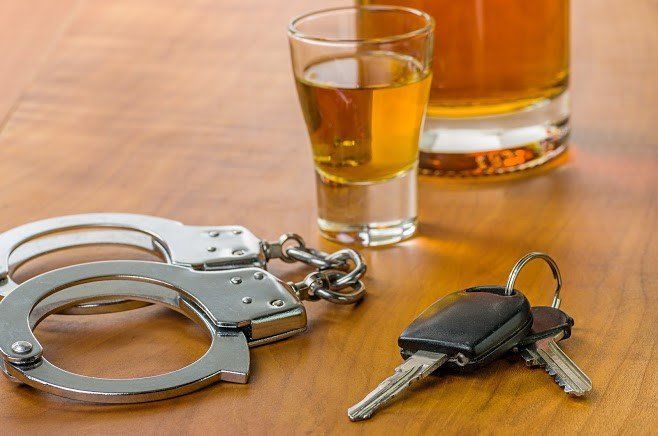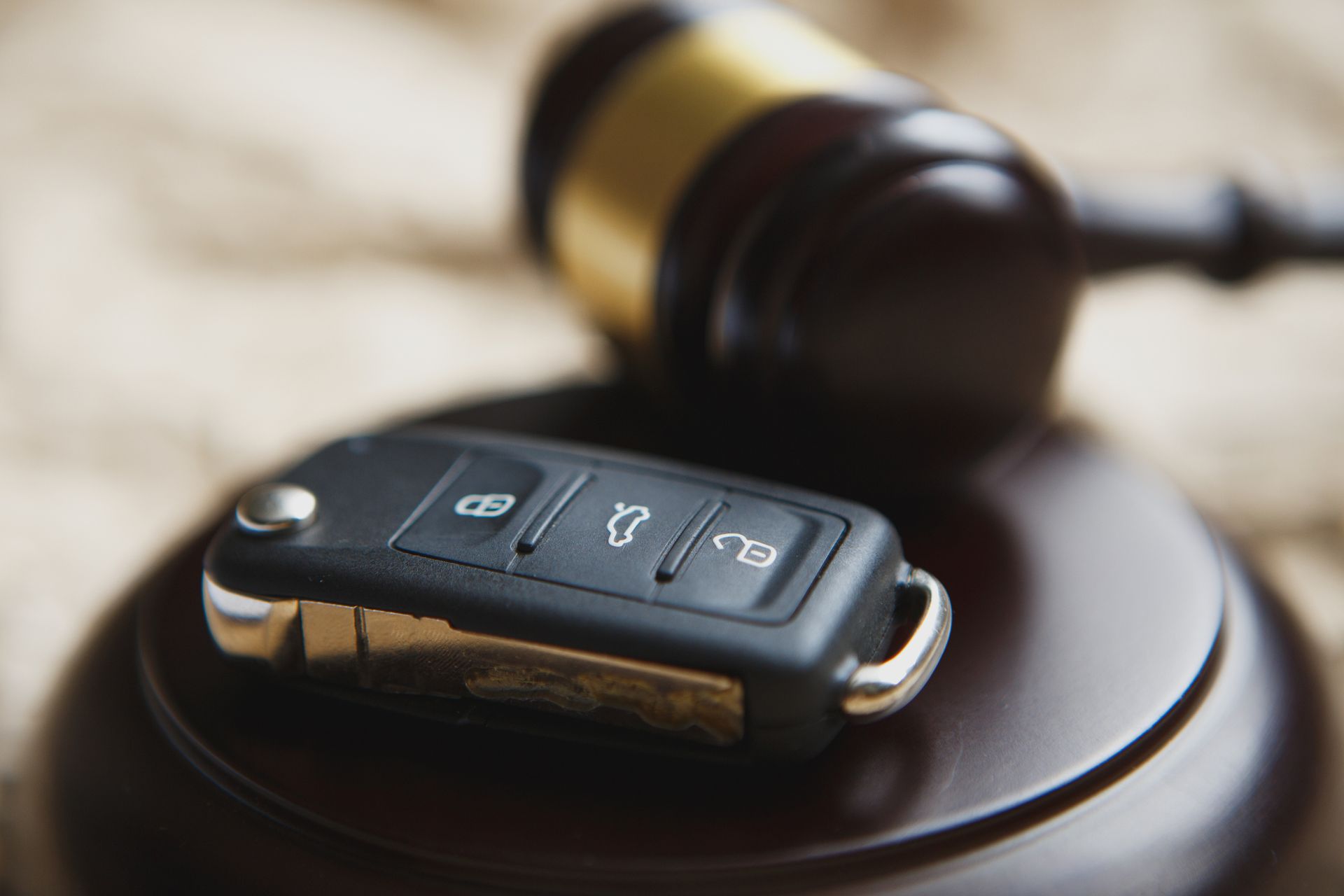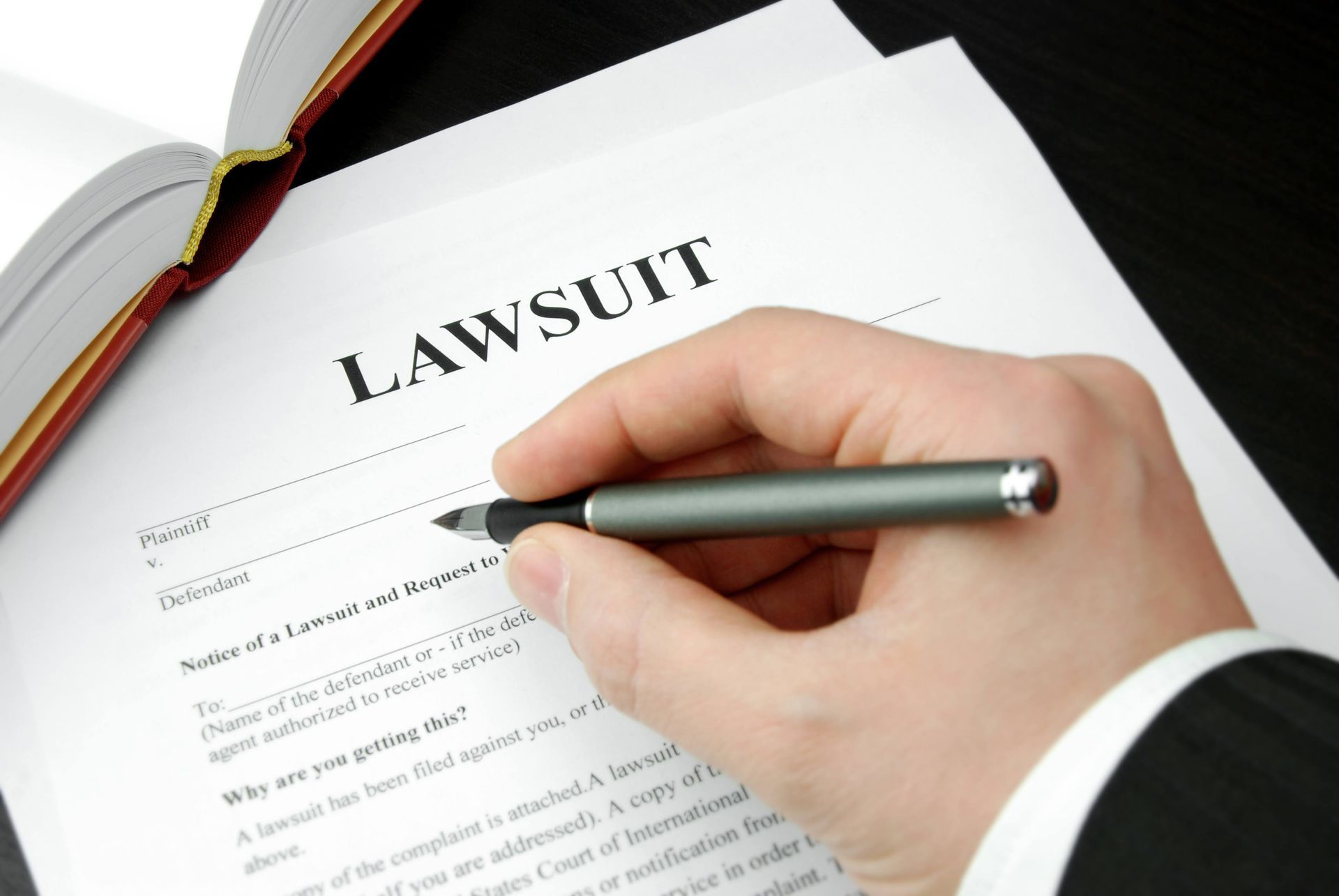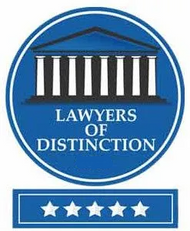An Overview of 5 Impaired Driving Offenses in New York

New York State has extensive laws about driving while intoxicated (DWI) and driving while ability impaired (DWAI). The common thing with these offenses is a substance-induced impairment that makes driving dangerous. Below are the five categories of DWI/DWAI offenses that the state's law recognizes.
1. DWI
You might face driving while intoxicated charges if your blood alcohol content (BAC) equals or exceeds the legal limit. Different demographics have different legal limits. For example, the BAC limit is:
- 0.08 for private motorists over the age of 21
- 0.04 for commercial drivers
- 0.02 for motorists under the age of 21
This form of DWI is a per se charge. The per se designation means the prosecution doesn't have to prove anything else other than the fact that your BAC limit equals or exceeds the legal limit. The legal presumption is that the applicable limit determines the point where a driver becomes intoxicated and a danger to all road users.
2. Alcohol-DWAI
Alcohol-DWAI charges apply to drivers who are operating a motorcycle with alcohol-related impairment. The charges apply under any of these two conditions:
- Your BAC is between 0.05 and 0.07.
- You are obviously impaired.
In the first condition, the assumption is that a BAC of that range has impaired your driving ability. Thus, the prosecution doesn't have to prove that you are obviously impaired. In the second condition, your BAC level doesn't matter — what matters is that you are visibly impaired.
The second condition makes sense given that impairment occurs at different levels of BAC for different people. Different factors determine how intoxicated you are after taking alcohol. Such factors include:
- Body weight
- Gender
- Speed of alcohol consumption
- Level of hydration/dehydration
Thus, some people can be too impaired to drive safely even with BACs below 0.05 — these are the people that alcohol-DWAI charges target.
3. Drug-DWI
Alcohol is a common intoxicating substance, but it is not the only one. Other intoxicating substances include:
- Marijuana
- Prescription drugs, such as painkillers
- Hard drugs, such as heroin
Drug-DWAI laws seek to address intoxication due to these drugs. The charges apply irrespective of the level of drugs in your system. What matters is that you have an intoxicating drug in your system and the drug has impaired your driving.
4. Combination-DWAI
Mixing alcohol and drugs can trigger higher impairment than taking either of the substances alone. For example, mixing alcohol and marijuana:
- Enhances the individual effects of both drugs
- Keeps marijuana longer in your system than if you hadn't taken alcohol
- Increases the risk of overdosing on either or both drugs, which can lead to higher intoxication
- Reduces the chance of eliminating alcohol from your system, such as by vomiting
Complications like these mean that impairment due to a mixture of drugs and alcohol requires a separate category — combination-DWAI.
5. Aggravated DWI
Aggravated DWI is more dangerous than conventional DWI. Aggravated DWI charges apply if:
- Your BAC is at least 0.18
- You are driving while intoxicated and have a child passenger (anyone under the age of 15)
Both of these conditions are not arbitrary. For one, the higher your BAC is, the more impaired you are likely to be, which is why such a high BAC equals aggravated DWI. Secondly, children belong to a protected class. Children might not know the dangers of impaired driving or protect themselves from intoxicated drivers.
DWAI offenses attract multiple penalties, such as monetary fines, driving license suspension, and incarceration, among others. You need an experienced criminal defense lawyer to handle your case. Schonberg Law Offices has experience in various aspects of criminal law, including DWI/DUI defenses.
Contact us
for a case evaluation to determine your best defense strategy.











